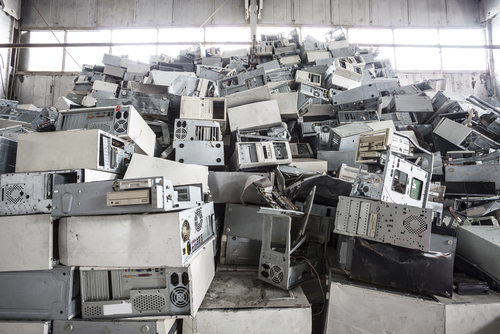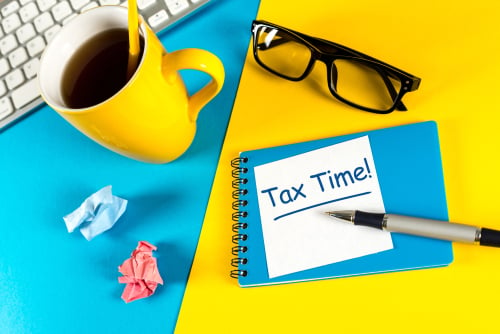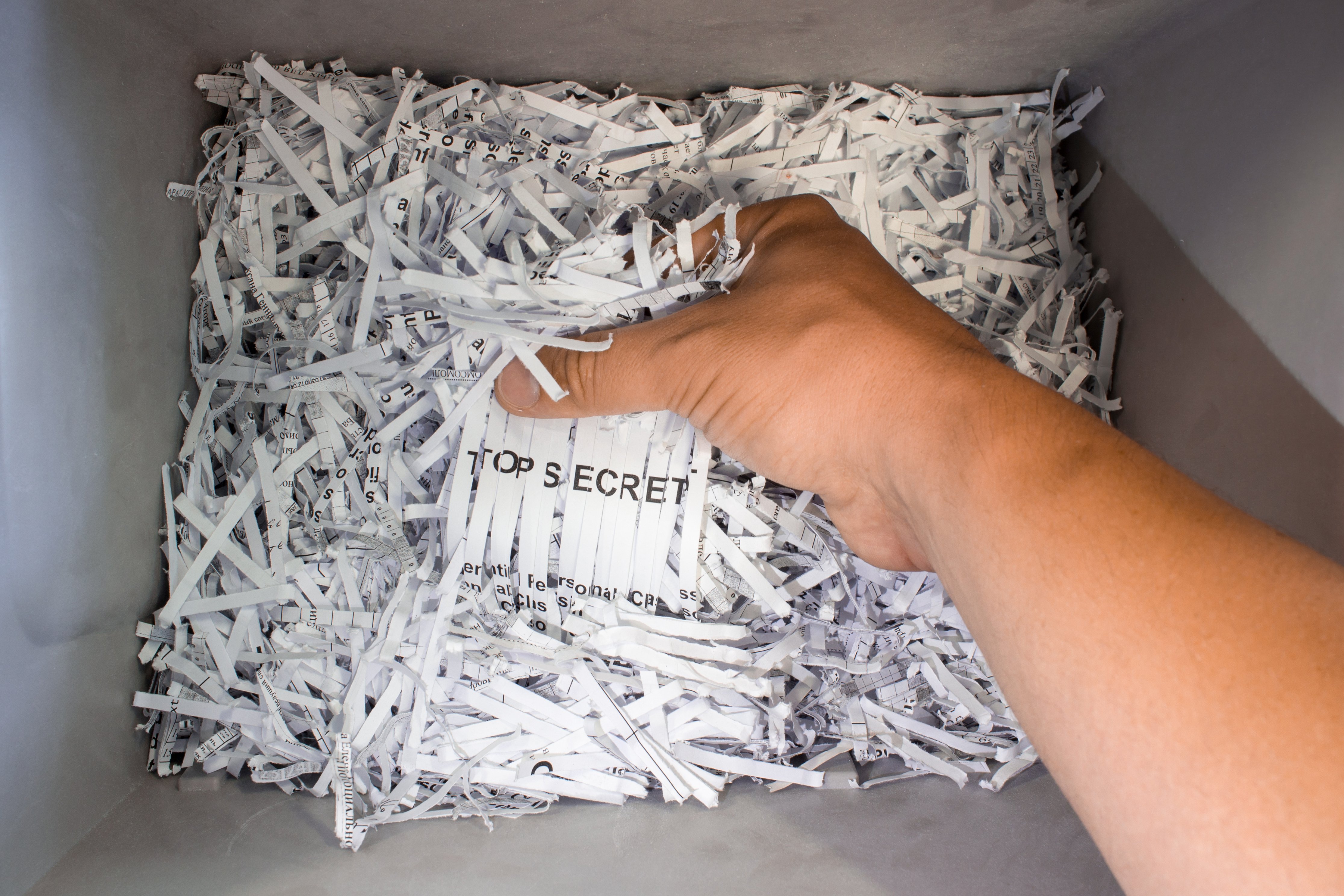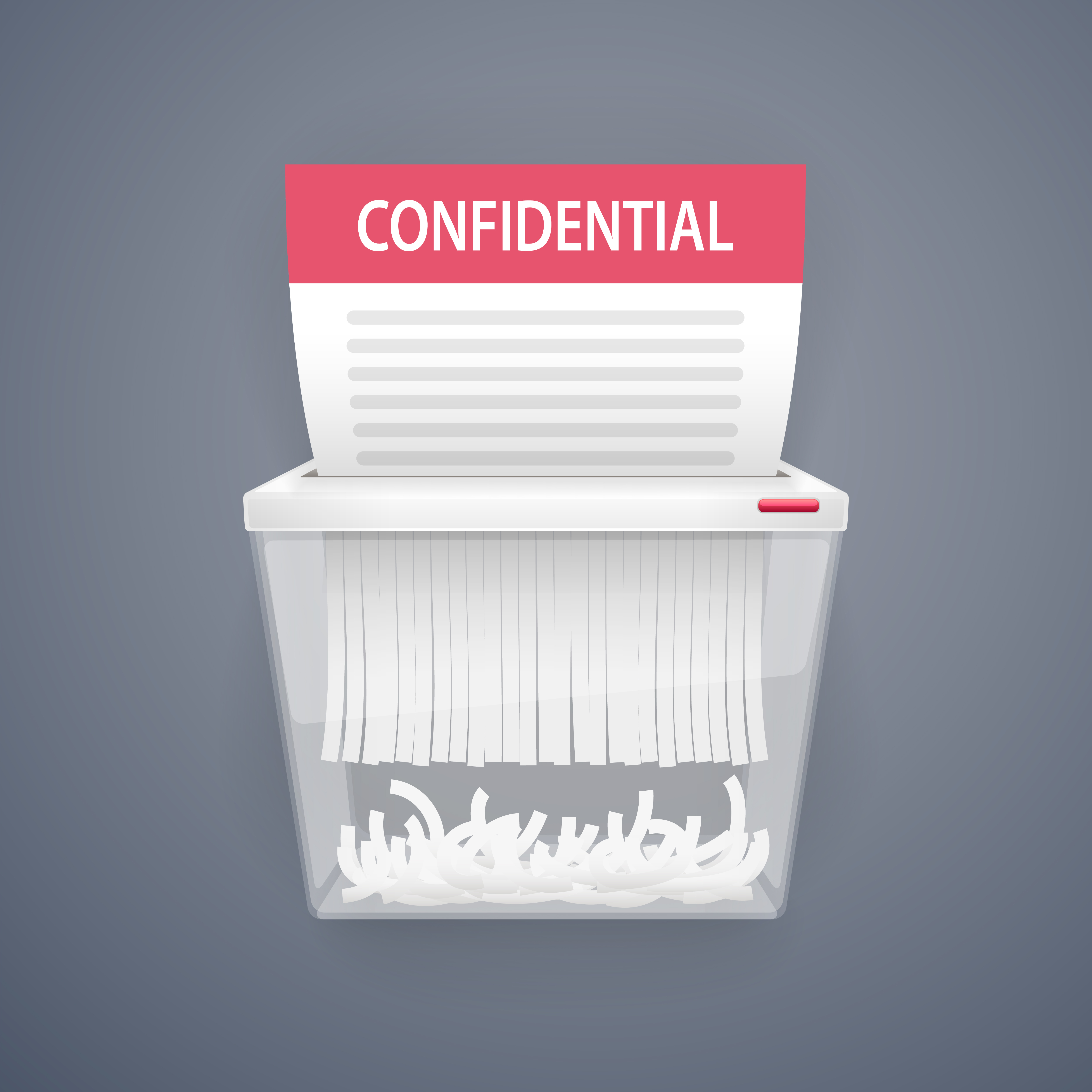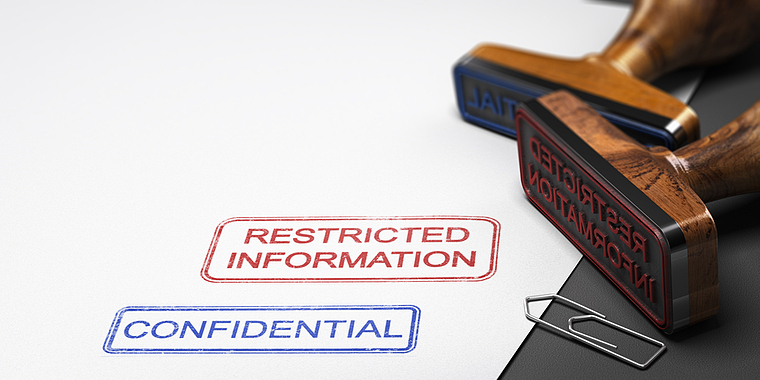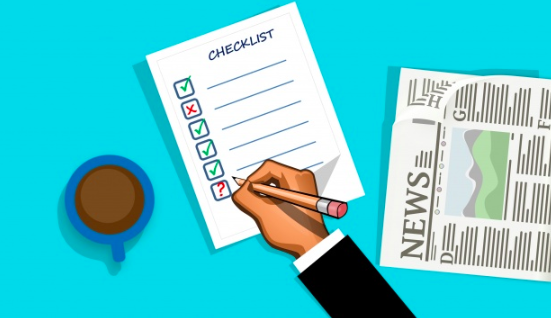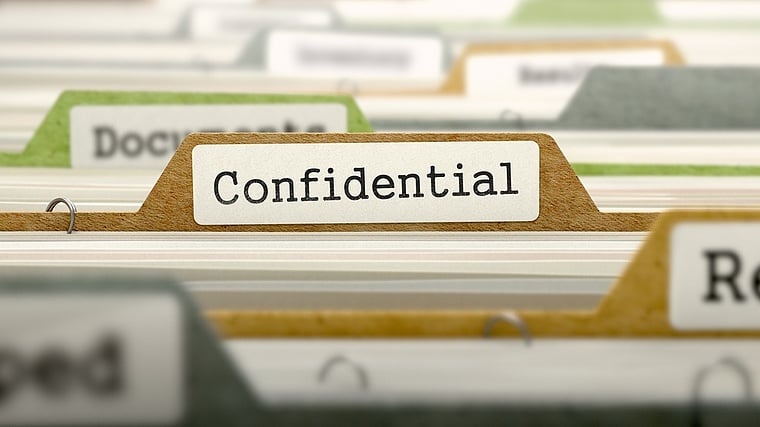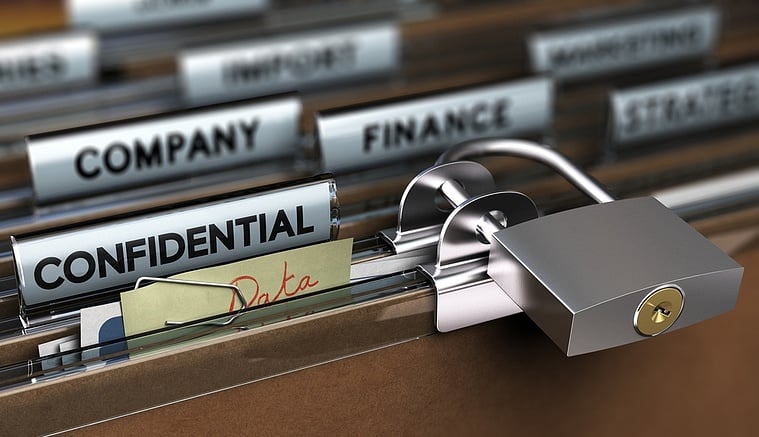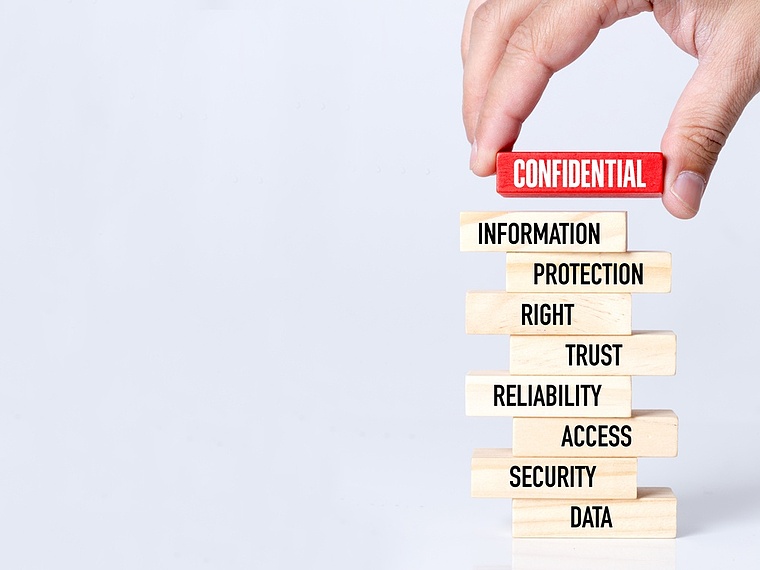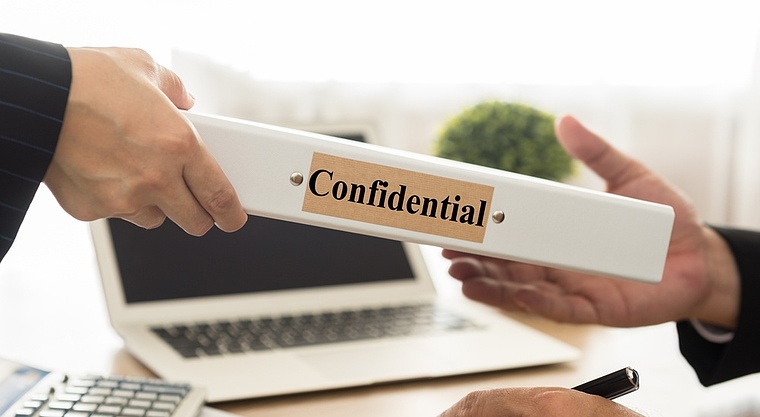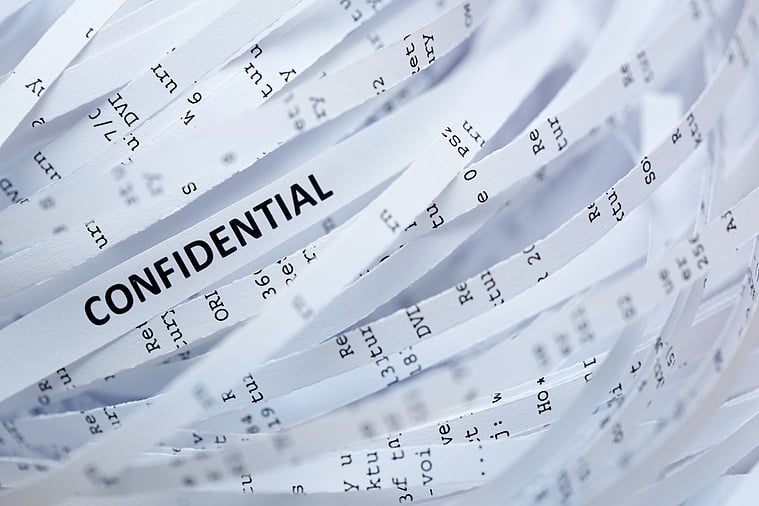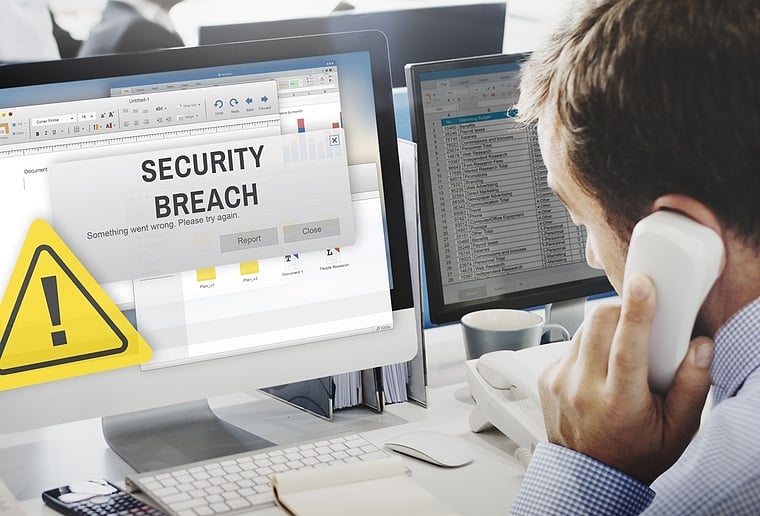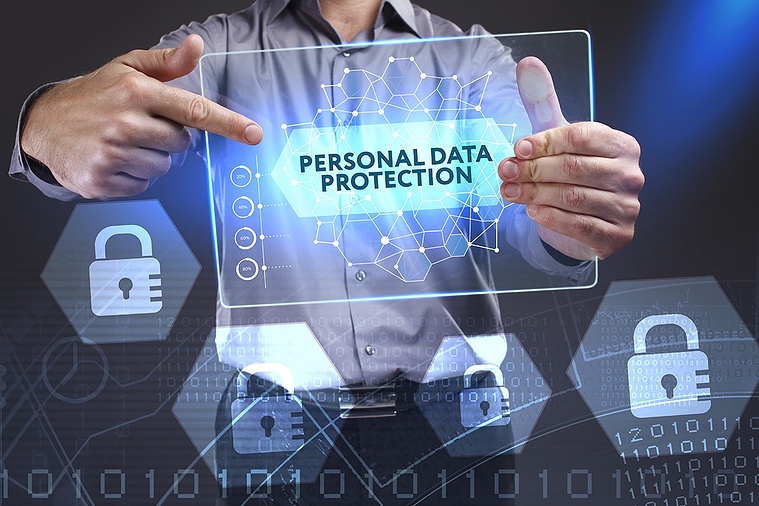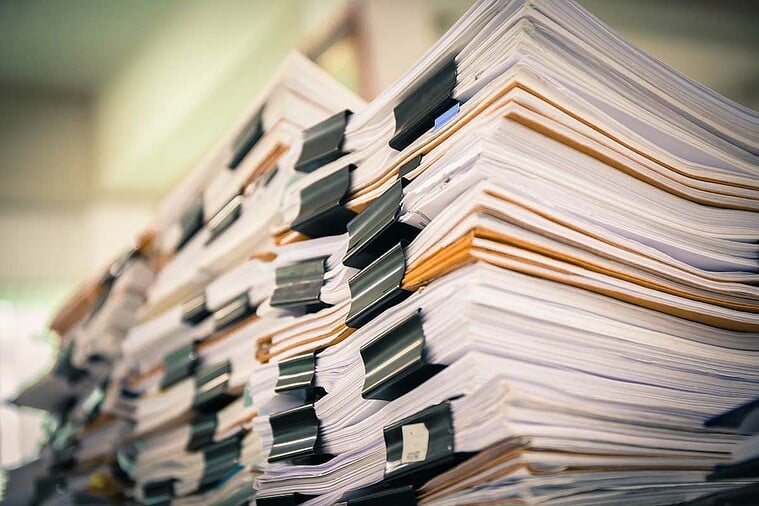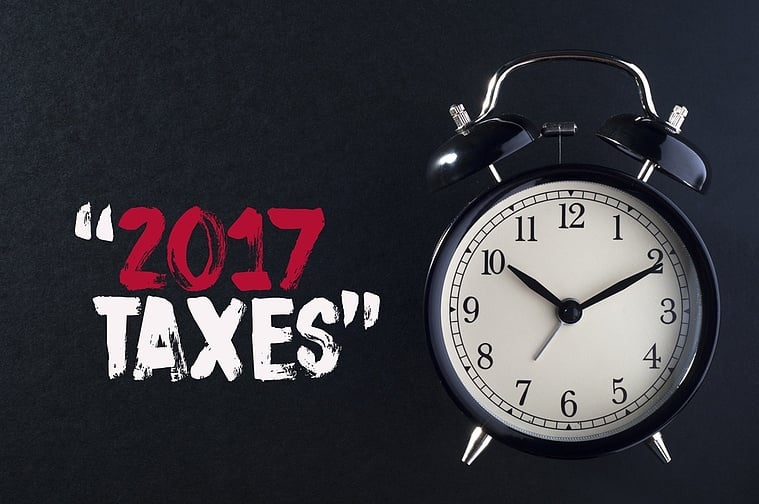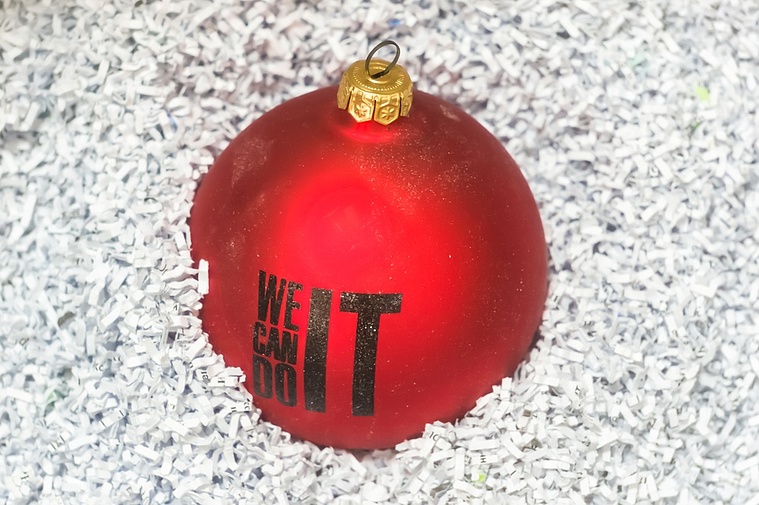Just like people, technology goes through its cycles and gets old. Having the right computer recycling or technology disposal practices in place can save you a few headaches down the line. How many times have offices taken a hard drive program, think they wiped the computer clean and given it to another employee and all the old employee’s information was still there? The same can happen when attempting to wipe hard drives clean.
Carolina Shred Knowledge | Secure Documents
secure-documents
All of us have our own methodology when it comes to tax season. Some of us haul out a thick stack of documents and receipts, and then attempt to sift through it all. Some turn everything over to an accountant and hope for the best. But regardless of whether you itemize or not, your tax documents could be a gateway to identity theft if you're not careful. From stolen mail to dumpster dives, this is a popular season for criminals to go after you. In addition, you'll need to hang onto certain documents just in case you're audited at some point down the line. As you go through all the forms, we'll give you a better idea of what should (and should not) head straight to the shredder.
Whether you are a business or an individual, identity protection is a major concern, especially now that most people have more than one device. However, though you might get many of your confidential documents via the internet, you still have plenty of paper documents. Virus protection, malware fighters, good firewalls, credit monitoring and other programs help to protect your online life. But what protects those physical documents that you have? The best way to keep people from stealing your identity by getting your paper documents is document destruction. This doesn’t mean just throwing them away or shredding them into strips. Thieves can put the strips back together. Instead, have your documents destroyed professionally by Carolina Shred’s cross-cut shredders.
Different types of shredders cut paper into different sized pieces. Shredders that produce the smallest pieces provide the highest level of security but also cost more. When you choose a paper shredding service provider, consider how much security you need. Large companies need more sophisticated shredders to provide the most protection, while small businesses and people shredding their household papers are often able to use simpler machines.
DIN standards have seven levels, which indicate the size of the paper particle once it goes through the shredder. The levels start at P-1 and go through P-7. If you need high security for your shredded documents, you need a shredder that uses a higher number. P-7 is the most secure as it’s the smallest paper particle. While the DIN standard is rather complicated, part of it is paper shredder security levels, which simply tell you the size of the paper once shredded. Thus, a shredder that cuts at level P-5 is more secure than a shredder that cuts at level P-2.
Confidential information and trade secrets are often the targets of identity thieves and disgruntled employees. The Trademarks Act, Copyright Act and Patent Act do not regulate many trade secrets or any confidential information. This means that you have to protect this information yourself. Security compliance should be taught at your place of employment or your business if you are a business owner.
Knowing which documents you need to do your taxes and having them at your fingertips makes doing your taxes much easier. You will be able to do your taxes all in one shot instead of stopping for hours or days to get back to them. And, if you have an accountant do the taxes, the accountant won’t be delayed by having to call you for additional documents. Documents you need for include:
Any firm, whether medical, law, accounting or other industry that deals with client records, should use shredding services. These types of firms must keep client records for a specific amount of time, after which, if the client doesn’t want his or her file, the file may be disposed of. However, you can’t just dump the file in the landfill.
If confidential business information gets into the wrong hands, a business could fail. Or, it could suffer at the hands of criminals. Keeping business, employee and management information under lock and key and only available to those who need to know the information is just one of the ways to prevent your data from falling into the wrong hands. Learn how to keep these 5 examples of confidential information in the office away from the wrong people.
Shredding important documents – documents with any personal information, even an address – is one of the most important things you can do whether you are a business or an individual. Most people and businesses realize that shredding documents that no longer need to be kept is important, but some do not realize just how important it is. The top 5 reasons to shred documents includes identity theft and protection of customer data.
Many may wonder, “Why is confidentiality in the workplace so important?” Some information is obvious, such as employee or client social security numbers and financial information. Other information, such as certain business information and management information may not be so obvious. However, trade secrets and other information are usually highly confidential. Training employees as to what constitutes confidential business information goes a long way in protecting your business.
One your entire organization learns how to handle confidential documents in the office, your trade secrets, employee information and customer information will be much safer. Part of handling confidential information best practices guidelines is knowing what documents are confidential. In addition to the physical handling and access of paper and digital information, employees should sign non-disclosure agreements (“NDA”). In some cases, you may need third parties who work with your company to sign NDAs.
Most workplaces have a confidential information clause written into their employment agreements. Whether you work for an attorney, real estate agent, doctor, or even in a factory, you may have access to confidential information. Confidential information is anything that has sensitive information containing personal data. This type of information must be closely guarded so that it doesn't get into the hands of a competitor.
Over 78 percent of business and organizations have had their data breached in 2010 and 2011, according to a Ponemon Institute Study. Even with the advent of new security programs over the last year or two, companies still continue suffering data breaches. Insiders, negligent employees and hackers may all pose threats to data security and integrity.
Now that many companies have an online presence, especially payment gateways online, data breaches are imminent. As software companies come up with software to stop, hackers and spammers find more ways around getting through the information. Keeping your data protected takes a major part of a company's resources. To prepare for data breach, you should take steps to beef up your digital security while at the same time, ensuring that non-digital information is also safe, a knowing the risks and threats of company data.
Certain documents must be kept as paper copies and as digital copies. However, keeping important paper documents in your home could lead to identity theft, or something could happen to them, even if you keep them in what you think is a safe place. They could be stolen if someone breaks in, they could go up in flames if you have a fire, or if your home gets flooded, they could be ruined in a flood. A tornado could spread your important documents all over the county.
If you are one of the few companies that still uses paper documents or keeps paper documents, the information contained in them may be at risk. Keeping paper documents without the proper security allows anyone to raid recycling bins or trash cans. And, if employees leave confidential information on their desks, anyone could walk by and take the documents or copy the information.
Certain businesses, including medical businesses, are subject to HIPPA regulations. This means that records must be kept secure for a certain amount of time, and they must be disposed of properly when it's time to get rid of them. For medical facilities, there may be several different rules, rather than one set rule that states you must keep documents for a certain number of years.
Now that your taxes are done – hopefully – you may get rid of some of that paper that is taking up space in your filing cabinet. But, you don't get to throw all of it out, not just yet. What you can throw out should be shredded by a shredding company such as Carolina Shred.
Information is power. However, that information can damage your company’s privacy and even the business itself. It can also lead to security breaches and identity theft. And when it comes to document destruction, there are federal and state laws on how to properly dispose of data. The risks that documents fall under include:
